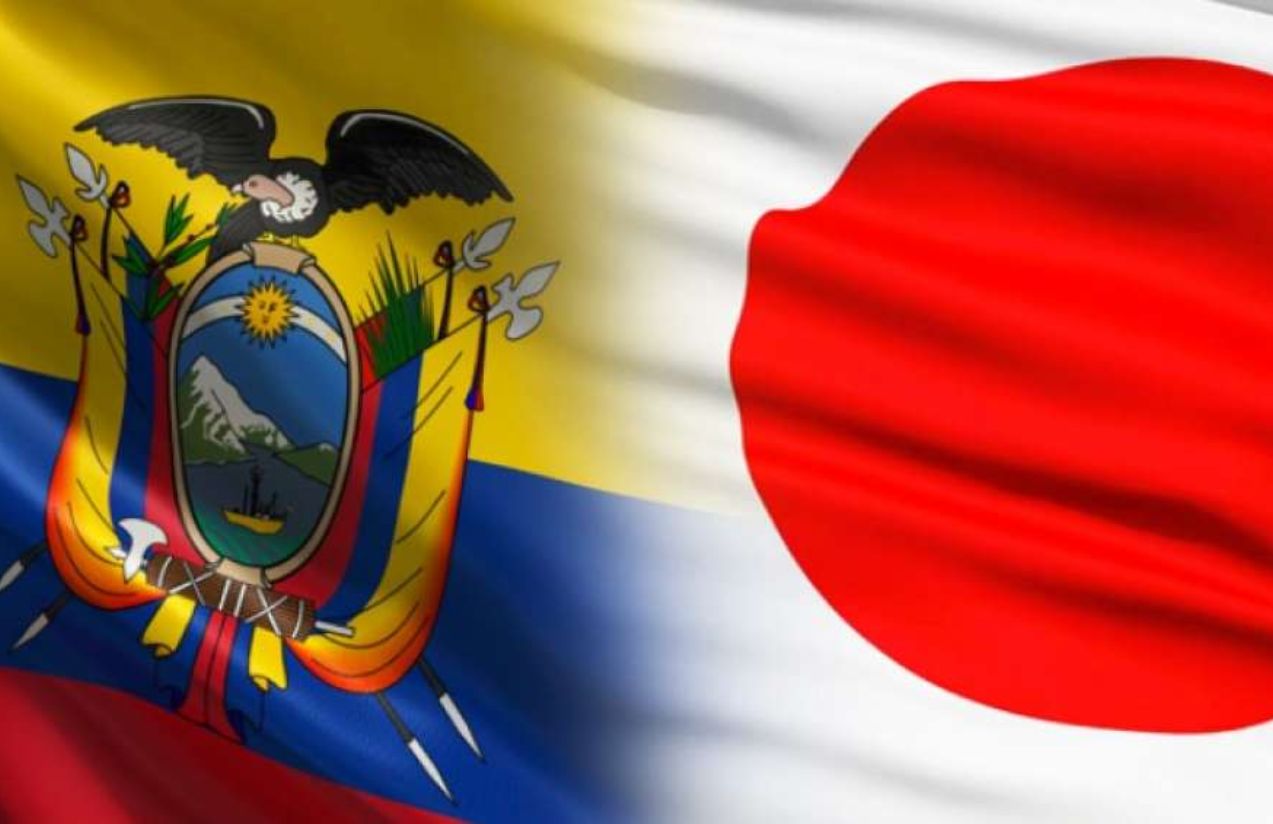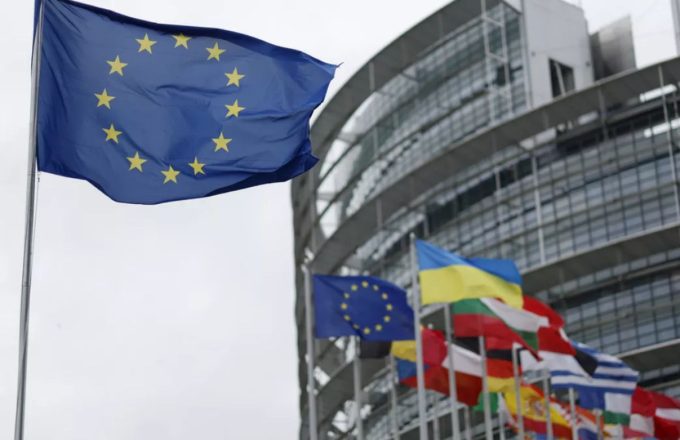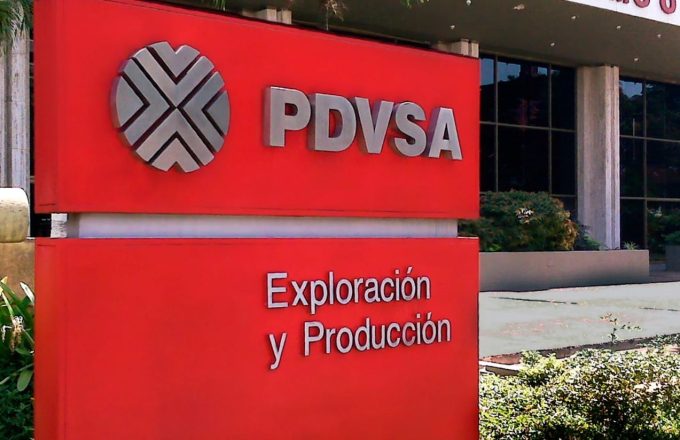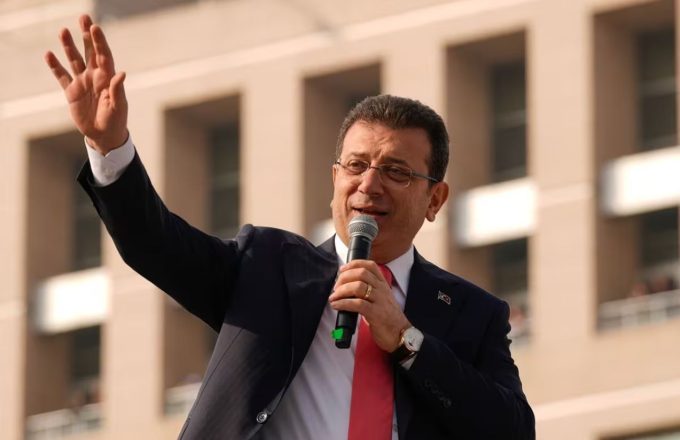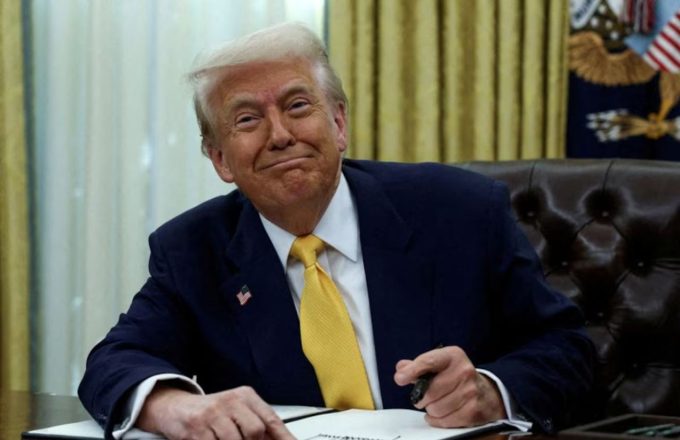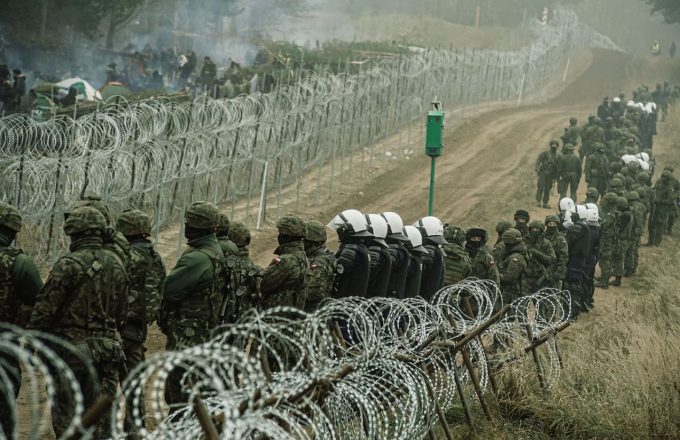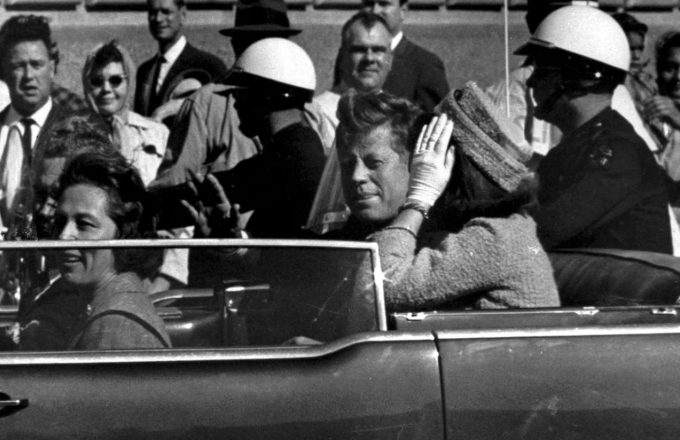On March 27, 2025, Ecuador received another boost from international cooperation to strengthen its public security. Japan formalized the donation of 500 million yen, approximately 3.3 million dollars, to be used for the acquisition of patrol vehicles for the Ministry of the Interior and the National Police. This contribution is part of the Economic and Social Development Program promoted by Japanese cooperation and reinforces a bilateral relationship that has lasted 107 years.
The Minister of Foreign Affairs and Human Mobility, Gabriela Sommerfeld, emphasized that this support is a clear sign of confidence in the efforts led by President Daniel Noboa to restore peace to citizens. She also underscored that insecurity is a global challenge requiring coordinated responses and international support, making cooperation with Japan strategically significant. “The support of the Japanese government is a sign of confidence in the efforts led by President Daniel Noboa’s administration,” she stated.
Meanwhile, the Minister of the Interior, John Reimberg, highlighted the importance of security cooperation and the need for a joint effort to combat crime and violence in Ecuador. He noted that acquiring these vehicles will be essential for strengthening patrol operations and improving law enforcement response capabilities.
Currently, insecurity is one of the country’s most pressing issues. In recent years, violence has escalated alarmingly due to the growing presence of transnational organized crime. The homicide rate has surged, and gang conflicts have expanded beyond prisons, affecting both urban and rural areas. The influence of criminal groups linked to Mexican and Colombian cartels has intensified armed violence, resulting in prison massacres, targeted killings, kidnappings, and extortion, among other crimes that severely impact daily life.
Prisons have become operational hubs for organized crime, while the general population lives in constant fear. This crisis has overwhelmed the state’s capacity, making international community support crucial in combating this threat. Ecuador has become a key hub for large-scale drug trafficking to the international market, prompting the government to declare a state of emergency in several provinces and deploy joint operations between the police and armed forces to regain control of streets and penitentiary centers.
In this context, Japan’s cooperation arrives at a critical moment. The Japanese Ambassador to Ecuador, Keiichiro Morishita, emphasized that security is a fundamental pillar for sustainable development and the prosperity of any society. He highlighted that this donation aims to support the Ecuadorian government’s efforts in creating a safer and more peaceful environment for its citizens.
The rise in violence in Ecuador is also linked to factors such as unemployment, lack of opportunities, and the weakening of social structures, especially in vulnerable sectors. Youth without access to education or decent employment are easily recruited by criminal networks offering quick money in exchange for loyalty. Additionally, the expansion of drug micro-trafficking and extortion has severely impacted merchants, transport workers, and families.
This donation adds to previous contributions from Japan. Since 2024, Japanese cooperation has facilitated the acquisition of vessels to strengthen the fight against illegal, unreported, and unregulated fishing in the Galápagos Islands, with an investment of 3.6 million dollars. This initiative is part of broader efforts to protect the marine ecosystem and the country’s maritime sovereignty.


